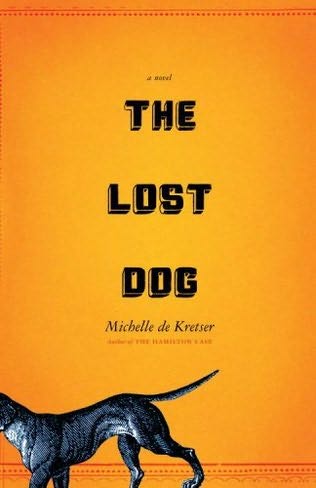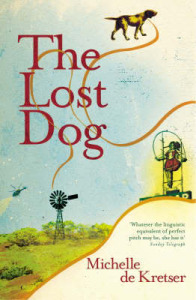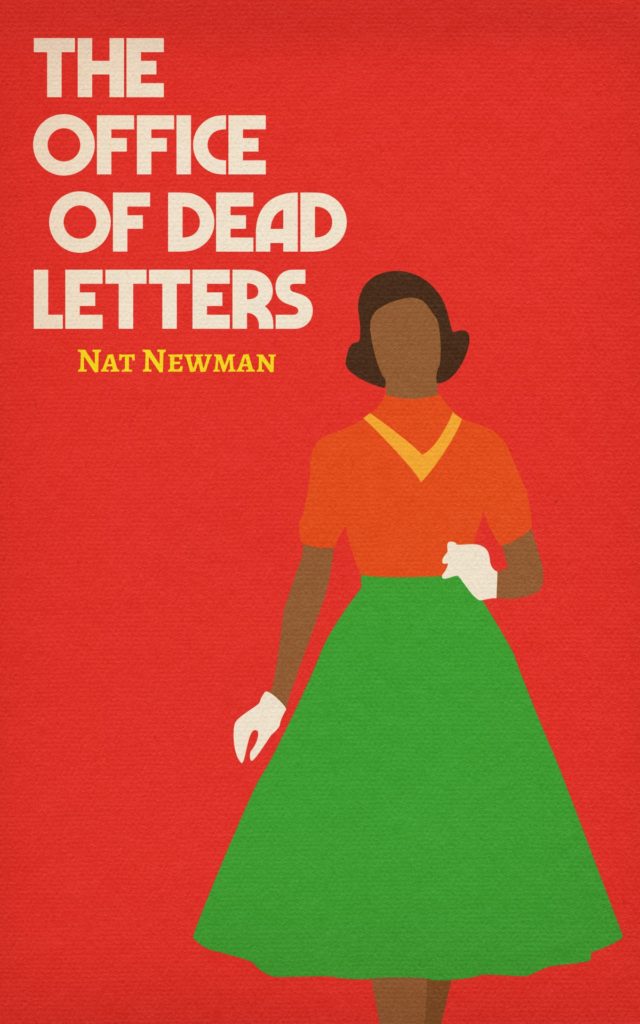“The Lost Dog”, Michelle de Kretser.
(Chatto & Windus, London: 2008)
Review – Beautiful & tedious & gorgeous & dull. Yes, all of those things.
I had to re-borrow this book from the library to try to remember what it was about and if I’d liked it. In general, I’d say that’s not a good thing to say about a book I read only a few months ago.
English Professor Tom Loxley is staying in the rural cottage of an artist friend while he finishes his book about Henry James. Somehow, he loses his dog. As he searches for his lost pet some other stuff happens which left zero impression on me. Something about art. Something about a mystery involving the artist’s former husband.
I quite like literary books but it really bothers me when a book wanks on endlessly about art and literature. People sit around having pompous discussions about philosophers and artists, and the conversations are there solely to demonstrate how much the author knows about this guff. Maybe I’m mixing in the wrong circles, but no one really talks like this, do they?
Tom told her that Renoir, reproached for doing everything but settle down to paint, had answered that a roaring fire requires the gathering of a great deal of wood. He saw that this pleased Nelly, although she didn’t remark on it.
~ pg. 46
By all means, talk about that stuff in an oblique way, but putting those sentences into the mouths of your characters seems so insincere.
When she asked about his book on James, Tom talked about the novelist’s desire to be modern. ‘He wanted to distance himself from the literary past, from old forms like gothic. But that stuff wafts around his work like a smell he’s too exquisite to mention.’
~ pg. 102
I’ll tell you what’s too exquisite to mention…
The dog of the title is never named and I never once felt that Tom had any real connection to it. The book is quite lovely in parts and has some really beautiful moments, but the overall effect is of something written self-consciously. De Kretser set out to write a moving, literary novel and that’s exactly what she’s done. Yawn.






0 Responses
I read this recently as well, having heard many, many good reviews of it. I quite enjoyed it, although it was less of a linear story than I’d imagined it to be in the years I spent hunting for a copy on second-hand store bookshelves. I know what you mean about wanky literary novels – but it’s an issue I normally fear in middle-aged, male English authors (here I go linking to my blog again:http://www.wordsandflavours.com.au/2010/02/arrogant-protagonist-conceit-or-correct.html). So my hackles weren’t up for it in this book and it didn’t bother me. You’re right, she does have a beautiful turn of phrase, though sometimes in these kind of books I long for a direct description of something, rather than another metaphor or simile.
The fact that you enjoyed it makes me feel like I should re-read it and give it another shot. I really can’t say right now if I liked it or not! Which is an interesting way to come away from a novel.
I think in my later years (because I’m SO OLD) I have a really low tolerance for wankery – it seems so juvenile or something. I should probably just get over it!